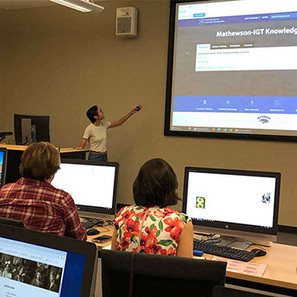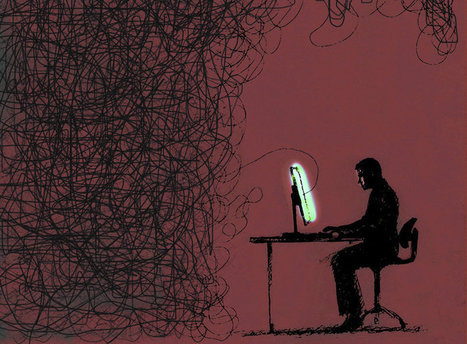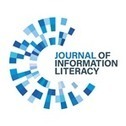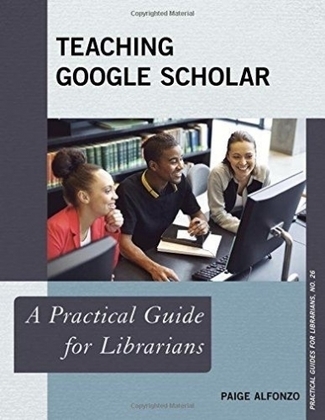What would happen if your boss asked you to get information and the information you came back with wasn’t credible? This is a situation many students may find themselves in if they lack the skills they need to decipher between credible sources and “fake news.” For example, sources found through a Google search aren’t always trustworthy. Using or providing sources that aren’t credible could result in very serious consequences.
Via Elizabeth E Charles



 Your new post is loading...
Your new post is loading...


















